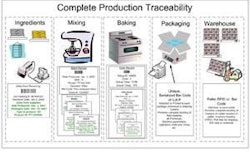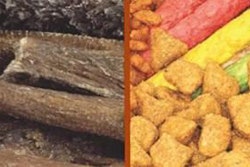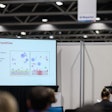Segregation and feeding behavior might alter ingredient and nutrient composition of the multi-component diets commonly fed to parrots. First, the nutritional impact of segregation was assessed when multi-component diets were temporarily stored in food containers that were replenished before completely emptied and birds were fed from the upper layer. The most detrimental effect was a vast decrease in mineral supplements, leading to a decrease in calcium-to-phosphorus (Ca:P) ratio.
Next, a feeding trial was performed on six yellow-shouldered Amazons (Amazona Barbadensis) in which nutritional impact of parrot-specific feeding behavior was assessed as well as the influence of additional fruit provided next to the seed mixture. Profound selective feeding behavior and dehusking of seeds resulted in a vast increase in energetic density by up to 64% in the ingested fraction. The already suboptimal Ca:P ratio further deteriorated. Providing fruit next to the seed diet significantly lowered voluntary energy intake without compromising adequate protein intake.
Despite efforts of nutritionists to formulate multi-component seed diets to approximate estimated, species-specific requirements, nutritional composition of the food actually consumed can vastly deteriorate due to animal and management factors. Offering fruit next to a seed-based diet effectively reduces voluntary energy intake and can hence be applied to abate obesity.
Source : I.D. Kalmar et al., 2010. Effects of segregation and impact of specific feeding behavior and additional fruit on voluntary nutrient and energy intake in yellow-shouldered amazons (Amazona barbadensis) when fed a multi-component seed diet ad libitum. JAPAN online July 2010. doi: 10.1111/j.1439-0396.2010.01026.x


















